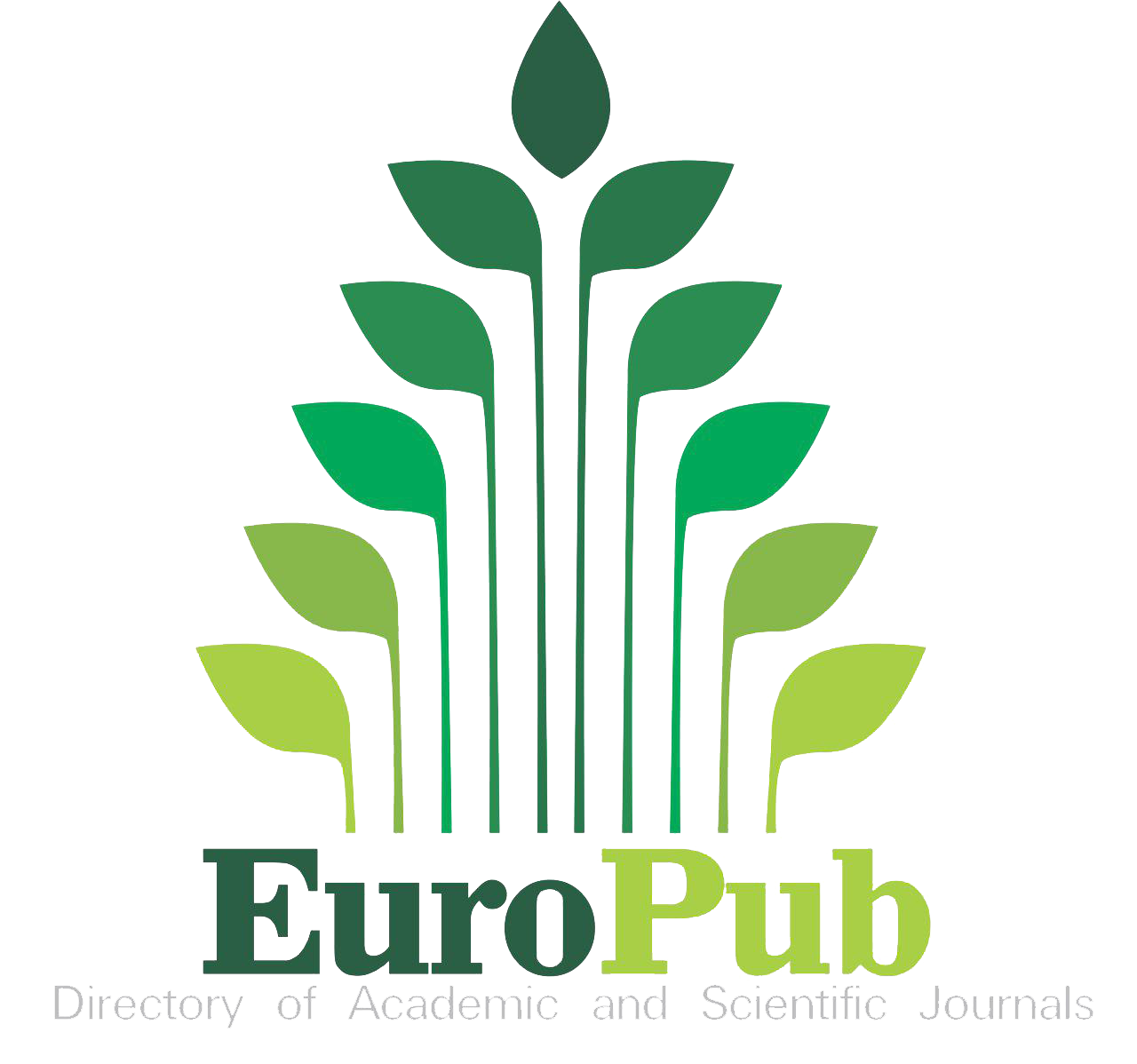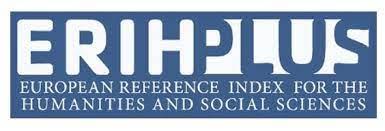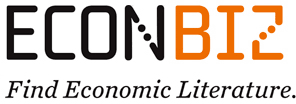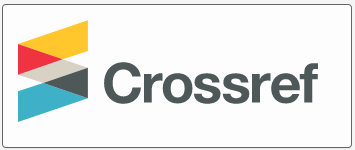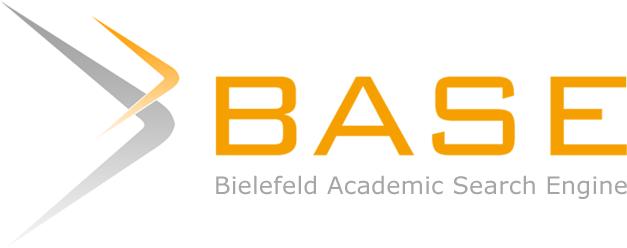Learning Outcomes Assessment Formats in Georgia after USSR
DOI:
https://doi.org/10.52340/jds.2022.02.29საკვანძო სიტყვები:
Assessment HEI stakeholders Learning outcomes Educationანოტაცია
The system of higher education in Georgia has been recently facing major challenges, especially in matching its outcomes to market and society demands. As the job market is becoming more globally competitive, these challenges are increasing.
To survive in the current business world, there is high competition between companies for highly qualified manpower. Higher education systems are, on the other hand, traditionally considered conservative and slow in response to market needs.
HEIs have many stakeholders: parents, students, faculty members, graduates, employees, regulatory organizations, and government. Their expectations are different and often are in conflict with one another in many respects. Multi-stakeholder involvement in the assessment of learning outcomes is essential to realize students’ achievements. In these processes participation, collaboration and learning are emphasized. Participation leads to the perfect rating of the process and better evaluations of the outcomes.
The assessment of students/graduates by stakeholders is shaped by their participation in activities and their experiences in the processes. Understanding stakeholder importance in the processes in which they are involved and their evaluation of outcomes is imperative; it influences the current and future levels of engagement and improvement.
Downloads
წყაროები
Adam, S. (2004). Using learning outcomes: A consideration of the nature, role, application and implications for European education of employing “learning outcomes” at the local, national and international levels. United Kingdom Bologna Seminar. Edinburgh, UK: Heriot-Watt University. http://www.ehea.info/media.ehea.info/file/Learning_Outcomes_Edinburgh_2004/76/8/040620LEARNING_OUTCOMES-Adams_577768.pdf
Anderson, H. M., Anaya, G. Bird, E. Moore, D. L. (2005). A review of educational assessment. American Journal of Pharmaceutical Education, 69 (2), article 12. https://www.ajpe.org/doi/full/10.5688/aj690239
Ashiem, C., Gowan, A., Reichgelt, H. (2007). Establishing an assessment process for a computing program. Information Systems Education Journal, 5(1), 23-25.
Brandon, P. R., Fukunaga, L. (2014). A review of the findings of empirical studies of stakeholder involvement in program evaluations. American Journal of Evaluation, 35, 26–44.
Busse, J. Goymal, A., Wahal, S. (2010). Performance and Persistence in Institutional Investment Management. The Journal of Finance, 65, 2, 765-790.
Carless, D. (2015). Excellence in University Assessment: Learning from Award-Winning Practice. London: Routledge.
Clarke, F., Reichgelt, H. (2003). The importance of explicitly stating educational objectives in Computer Science curricula. ACM SIGCSE Bulletin, 35 (4), 47-50. (1), 12-25.
Čechová I., Neubauer, J., Sedlačík, M. (2019, March). Tracking the university student success: Statistical quality assessment. Journal on Efficiency and Responsibility in Education and Science, 12.
Clinton, J. (2013). The true impact of evaluation: Motivation for ECB. American Journal of Evaluation, 35(1):120-127.
European Parliament (2018). Decision (EU) 2018/646 of the European Parliament and of the Council of 18 April 2018 on a common framework for the provision of better services for skills and qualifications (Europass) and repealing Decision No 2241/2004/EC. Retrieved January 25, 2010, from https://eur-lex.europa.eu/legal-content/EN/TXT/PDF/?uri=CELEX:32018D0646&rid=9
Gebremedhin, M. A., Asgele, B. (2015). Assessing quality of education: In perspective with continuous assessment and learners' performance in Adwa College, Ethiopia. Developing Country Studies, 5, 9, 1-9.
Glossary of Educational Reform, 2014, https://www.edglossary.org/
Gowan, A., MacDonald, B., Reichgelt, H. (2006). A configurable assessment information system. Proceedings of 7th Conference on Information Technology Education, SIGITE, 77-92.
Harden, R. M., Crosby, J. R., Davis, M. H., Friedman, M. (1999). AMEE Guide No. 14: Outcome-based education: Part 5-From competency to meta-competency: a model for the specification of learning outcomes. Med Teach. 21(6):546-52. doi: 10.1080/01421599978951. PMID: 21281173.
Havnes, A., Prøitz, T.S. (2016). Why use learning outcomes in higher education? Exploring the grounds for academic resistance and reclaiming the value of unexpected learning. Educational Assessment, Evaluation and Accountability, 28 (3), 205–23.
Hernández, R. (2012). Does continuous assessment in higher education support student learning? Higher Education, 64(4), 489-502.
Hoidn, S. (2016). The pedagogical concept of student-centered learning in the context of European higher education reforms. European Scientific Journal, 12 (28), 439-458.
Jogan, S. N. (2019). Assessment for learning or of learning: A perception of trainees. International Journal of Research in Social Sciences, 9, (1), 548-554.
Jonson, J., Guetterman, T., Thompson, R. (2014). An integrated model of influence: Use of assessment data in higher education. Research & Practice in Assessment, 9, 18-30.
Peterbauer, H., Zhang, T. (2020). Learning outcomes: why we need a common language between the worlds of work and education. European Universities’ Association. Retrieved July 2, 2020, from https://eua.eu/resources/expert-voices/162:learning-outcomes-why-we-need-a-common-language-between-the-worlds-of-work-and-education.html
Saifi, S., Mahmood, T., Gujjar, A. A., Ali Sha, S. S. (2011). Assessing the quality of assessment techniques at higher education level. International Journal of Business & Social Science, 2(12), 273-280.
Sambell, K., McDowell, L., Montgomery, C. (2013). Assessment for Learning in Higher Education. ISBN 9780415586580. Published July 30, 2012 by Routledge. 184 Pages.
Szőköl, I. (2016). The Theory of Educational Evaluation. Eger: EszterházyKároly University of Applied Sciences.
Todorovski, B., Nordal, E., Isoski, T. (2015). Overview on Student-Centered Learning in Higher Education in Europe. Brussels: Peer Assessment of Student-Centered Learning (PASCL).
Ulker, V. (2018). Alignment of Learning Outcomes, Course Content, and Assessment in English as a Foreign Language Program (University Language Preparatory School). Ph.D. dissertation. Tbilisi: International Black Sea University.
Wolf, K., Stevens, E. (2007). The role of rubrics in advancing and assessing student learning. Journal of Effective Teaching, 7(1), 3-14.
Zlatkin-Troitschanskaia, O., Toepper, M., Pant, H. A., Lautenbach, C., & Kuhn, C. (Eds.) (2018). Assessment of Learning Outcomes in Higher Education.Berlin: Springer.




